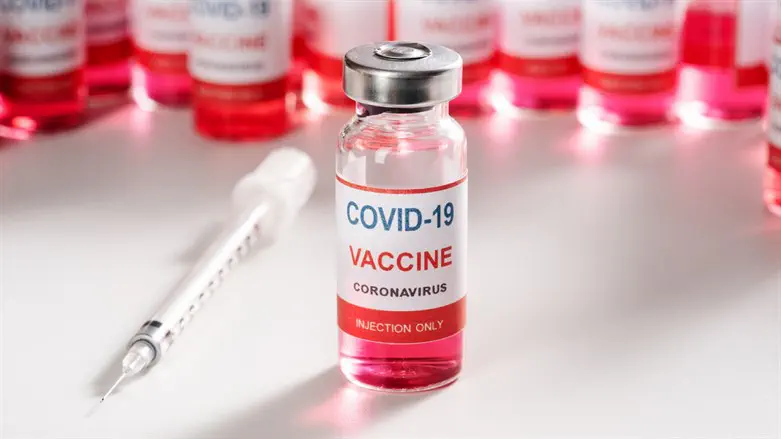
A new paper authored by British Medical Journal Senior Editor Dr. Peter Doshi and colleagues has reached the conclusion that being injected with a COVID vaccine (either Pfizer or Moderna) is more likely to put you in hospital than keep you out of it.
The paper (which has yet to undergo peer review) analyzes "serious adverse events" (SAEs) which were highlighted on a "priority list" compiled by the World Health Organization (WHO) as linked to COVID vaccination - death, a life-threatening event, inpatient hospitalization or prolongation of existing hospitalization, persistent or significant disability, congenital anomaly/birth defect, and a medically important event.
The study found that Pfizer's vaccine was associated with an increased risk of SAEs of 10.1 events per 10,000. The corresponding figure for Moderna's vaccine was 15.1 events per 10,000.
Risk reduction for COVID-19 hospitalization following vaccination with a Pfizer vaccine was 2.3 per 10,000 participants and 6.4 per 10,000 for Moderna's vaccine. Therefore, the Pfizer vaccine resulted in a net increase of serious adverse events of 7.8 per 10,000 people vaccinated, very similar to the figure for Moderna's vaccine, which was 8.7 per 10,000 people.
The study's authors also noted the failure of the FDA to adequately follow up on thousands of participants in the clinical studies for the two products, "of which the large majority had only received one dose" with no reason provided. The FDA allegedly also obfuscated the trial results by counting "people affected" rather than "adverse events," even thought there were twice as many people in the vaccine cohorts than in the placebo cohorts who experienced "multiple" serious adverse events.
The authors concluded that:
"A systematic review and meta-analysis using individual participant data should be undertaken to address questions of harm-benefit in various demographic subgroups. Full transparency of the COVID-19 vaccine clinical trial data is needed to properly evaluate these questions. Unfortunately, well over a year after widespread use of COVID-19 vaccines, participant level data remain inaccessible."

